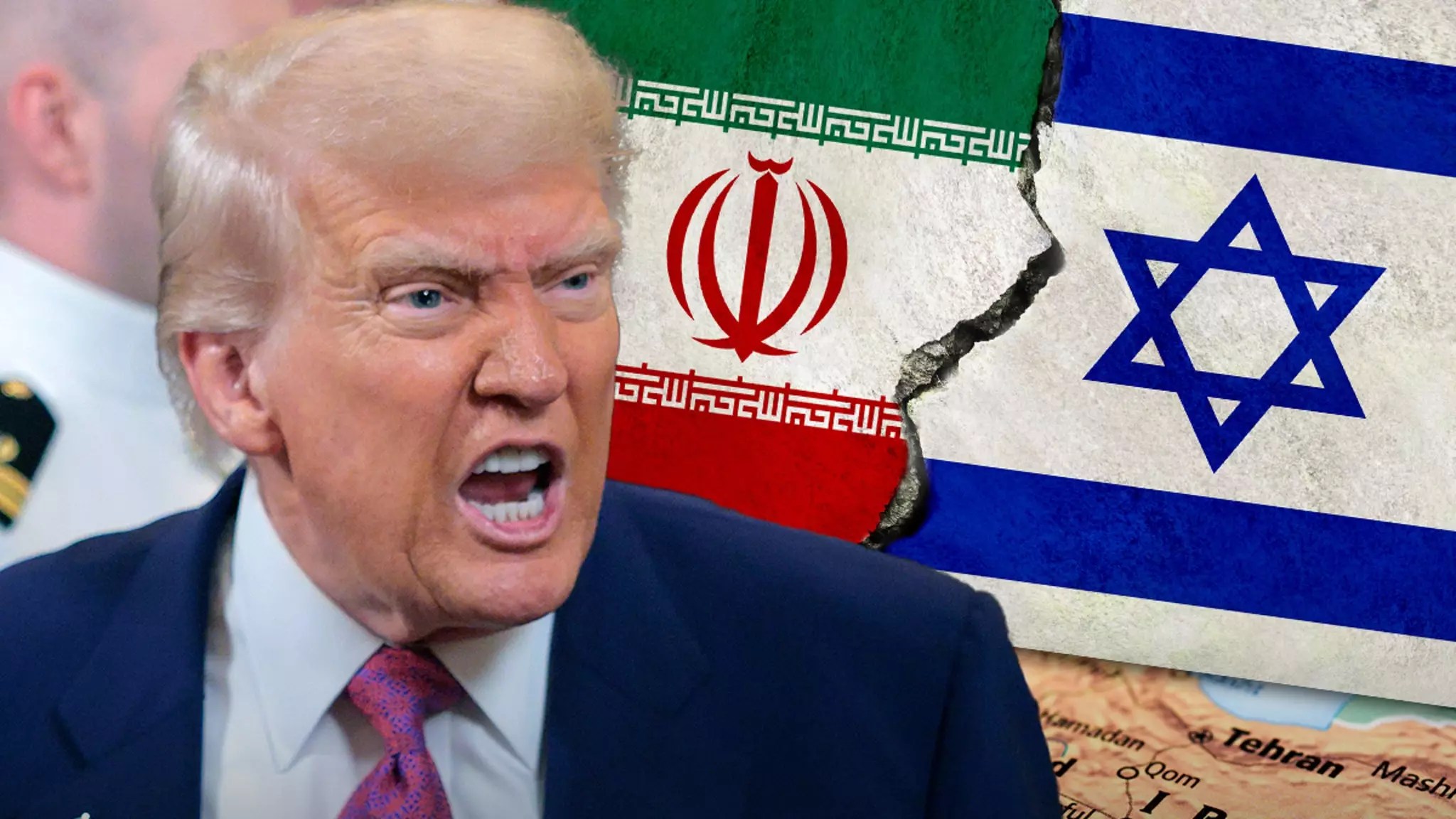In an unprecedented display of frustration, former President Donald Trump directed a fierce tirade against Iran and Israel, both of whom he accused of shattering a recently brokered ceasefire. His comments, delivered in a raw and unfiltered manner, underscore the complexity of international diplomacy and the challenges surrounding conflict resolution. Trump’s strong language revealed not only his disdain for the warring nations but also his frustration with what he perceives as ineffectual conflict management. The former president did not shy away from identifying Israel’s aggressive military actions—depicting their airstrikes as reckless and out of control—while imploring them to rein in their hostilities.
Direct Accusations and Borderline Insanity
At the core of Trump’s outburst was a commentary that encapsulated both his bombastic style and his no-holds-barred approach to politics. He asserted, “We basically have two countries that have been fighting so long and so hard that they don’t know what the f**k they’re doing,” encapsulating a sentiment of exasperation that many may feel regarding endless regional conflicts. Such rhetoric paints a picture of futility in diplomatic efforts, suggesting that longstanding grievances have warped both nations’ sense of rationality. This perspective, emanating from a former leader of the United States, raises critical questions about the effectiveness of American foreign policy in the Middle East.
Social Media as a Platform for Diplomacy?
Trump’s scathing remarks extended beyond Iran and Israel; he also turned his ire toward media outlets like CNN and MSNBC. His accusations of bias against these networks for discrediting U.S. military actions signal a larger trend where social media serves as a battleground for narratives—often overshadowing the complexities of geopolitics. His social media presence, particularly on Truth Social, reflects a disruptive shift in how leaders communicate and engage with both allies and adversaries. Through these outbursts, Trump portrays the idea that mainstream media can undermine the legitimacy of military endeavors, risking the morale of those who serve.
A Phased Plan with Ambiguity
Earlier, Trump claimed that a “12-day war” would wind down following a meticulously structured plan—though it lacked confirmation from Iranian authorities. His announcements seemed to flesh out a narrative of triumph that many in the international community might view skeptically. A so-called “phase-out” strategy is prone to uncertainty, especially when one side’s military response appears disproportionately aggressive in the wake of proposed peace talks. The juxtaposition of his victorious rhetoric against a backdrop of ongoing conflict calls into question the realism of achieving sustainable peace.
Instead of engendering unity, Trump’s explosive outcry further complicates global perspectives on U.S. involvement in foreign conflicts. His alarming declarations and expectations reveal a darker side of diplomacy—one where strongman tactics overshadow genuine negotiation and dialogue. While the world looks to leaders for solutions, such incendiary language threatens to deepen divides rather than heal them.


Leave a Reply